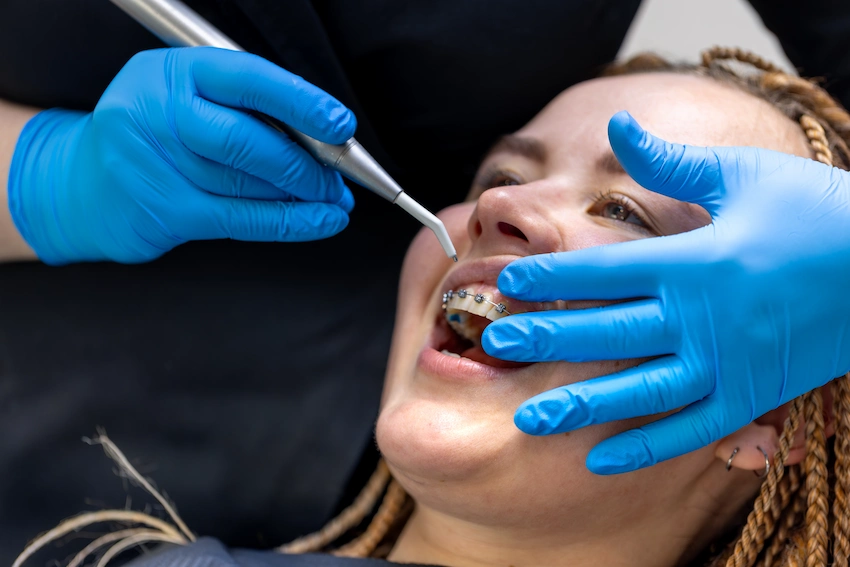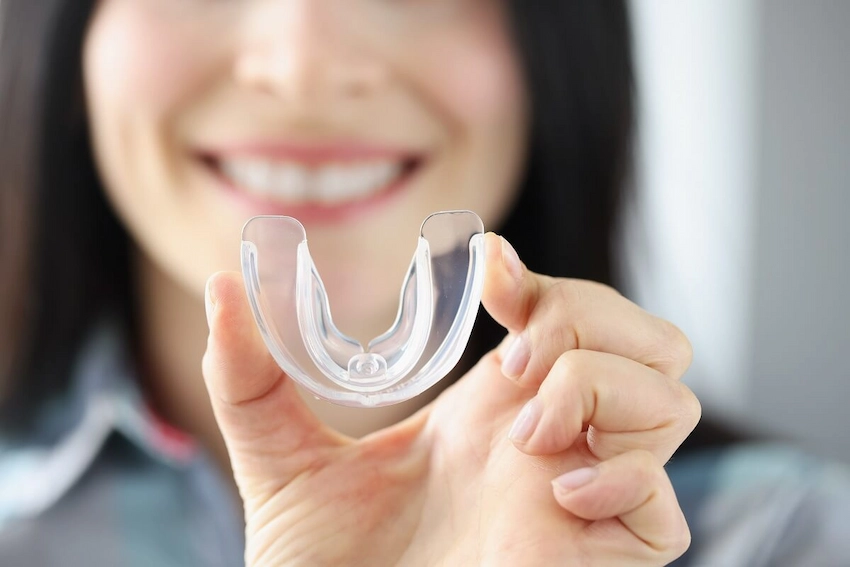😬Gnashing of Teeth: Causes, Effects, and How to Manage It?
Gnashing of teeth is also known as bruxism and a condition that is characterized by the grinding of your teeth which can be a cause for concern to people who suffer from it. If you have ever woken up in the morning with a sore jaw, or even noticed that your teeth seem to be getting worn down because of some activity then it is normal for you to wonder what exactly the condition is, what are its underlying causes and how can I stop myself from grinding my teeth in my sleep?
This blog post covers everything about bruxism from its etiology, its symptoms and treatment options to prevent malocclusions and also retain proper mental health. Gnashing of teeth or bruxism is a common and troubling condition that is characterized by different changes in the mouth area among them teeth wear, pain in the jaw, headaches and other issues associated with psychosocial distress or disorders.
Teeth grinding occurs for different reasons; some people may do this unconsciously while asleep when experiencing stress or worry while awake, while others usually want to bite something hard with their front teeth. As mentioned earlier, Graying of teeth may cause significant damage to individuals’ teeth.
What Is Gnashing of Teeth? Understanding Bruxism
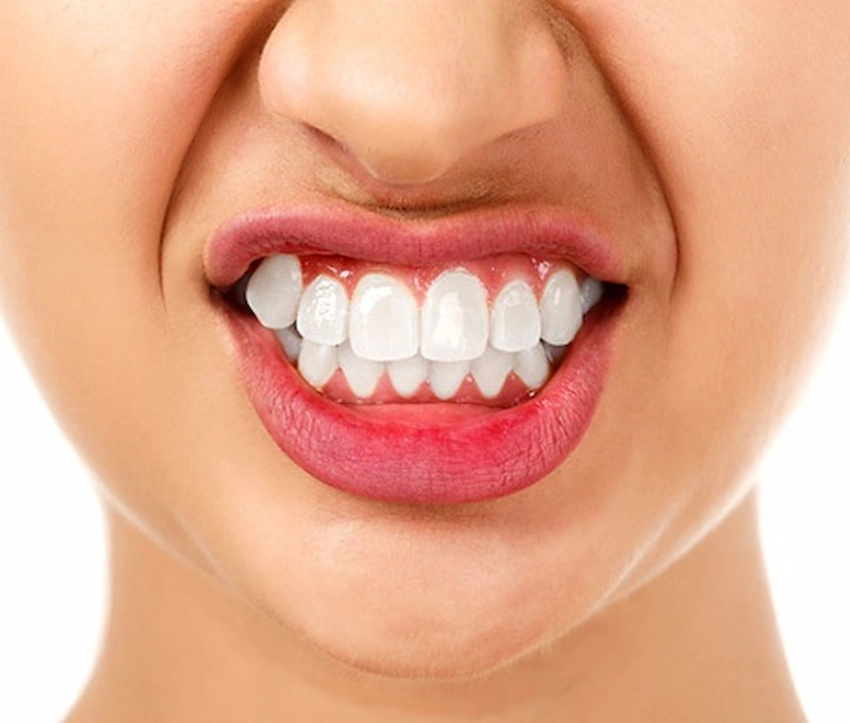
What is gnashing of teeth? The involuntary clenching and grinding of the teeth which is a medically important concern for the People’s Health. It will be more widely known as the condition of bruxism as people since it affects many people.
The phenomenon is commonly experienced by adults and children, though it may not be easily noticed at all times. The period when a person may be more likely to gnash their teeth is during sleeping; however, it may also arise during the day when consciousness has not set in.
When an individual is under stress, they are highly likely to grind their teeth even without realizing it, hence this kind of stress multiplication at night will make it worse with many people doing the same.
This may lead to loud grinding that disturbs other people. Additionally, there are some other consequences of this behavior such as the grinding of the jaws or teeth and general discomfort which sometimes is at a level that calls for medical attention.
Causes of Gnashing of Teeth: Why Does It Happen?
What is gnashing of teeth? It could be essentially asking, why do people experience this phenomenon? There are many factors that may cause an individual to acquire bruxism. Stress and anxiety are the main causes of gnashing. When someone is under immense pressure, without even realizing it, they might clench or grind their teeth.
These may be recurrent either during the day when they are awake, or at night when they are asleep. There are other groups of people whose gnashing of teeth may be caused by misaligned teeth. When the upper and lower teeth are not aligned properly, the person has a dental problem, which may have also been used as a cause of the issue.
Sleep disorders are an example of sleep apnea that can interrupt airflow and cause teeth grinding. Other contributors to the unhealthy lifestyle that people lead include smoking, excessive alcohol intake, or intake of caffeine or caffeinated drinks that end up irritating the jaw and causing grinding at a higher rate than normal.
Medical conditions such as Parkinson’s disease and the use of certain medications that can lead to teeth grinding are also taken into consideration. All these factors may contribute to bruxism and thus they have to be understood, once you know the exact cause of the gnashing of your teeth then it becomes easier and more effective to solve the matter.
Effects of Gnashing of Teeth on Oral Health
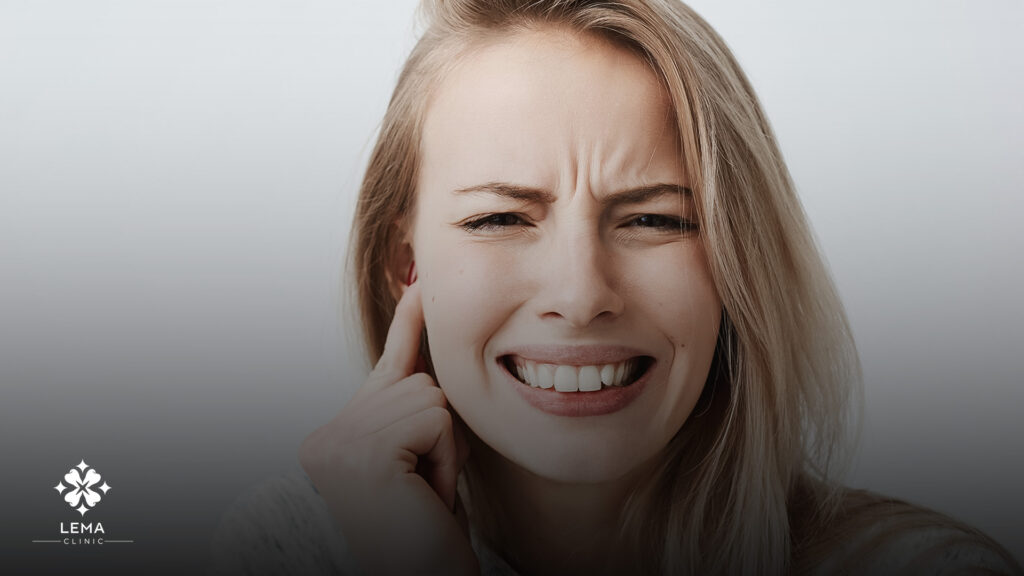
What is gnashing of teeth? Then it is essential to understand the problems it causes particularly to oral health. Very few people have an idea of the extent of dental problems chronic teeth grinding can cause. Hence, bruxism as the chronic grinding is an issue with a significant impact on oral health and must be resolved.
An all too common issue resulting from this condition is the gradual wearing off of the upper tooth enamel, which can leave the teeth vulnerable and sensitive to hotness and coldness. Moreover, the continuous pressure or grinding that is exerted onto the teeth can bring about cracks in the teeth.
This can occur to anyone whose teeth suffer from such fractures strains, thus leading them to visit a dentist to have their teeth restored. Even though gnashing of teeth will affect us to some extent, it will still affect the health and the formation of the teeth as products of possible problems.
Therefore, If these effects are obvious, then consider bruxism, the grinding of the teeth, and start seeking guidance on the causes and ways of letting your teeth be aside from this.
In addition to the aforementioned reasons, there is also a possibility that when you constantly gnash your teeth, this can lead to severe and unbearable pain in the jaw, as well as unbearable headaches and earaches due to the constant tension in the muscles near the jaw and those around the face.
You should know that if the problem of bruxism is not addressed, the possible result could be a more exaggerated complication, and this includes Temporomandibular Joint (TMJ) Disorders; they could range from slight discomfort to acute pain which may hinder you from opening or closing your mouth with ease.
How to Manage and Stop Gnashing of Teeth?
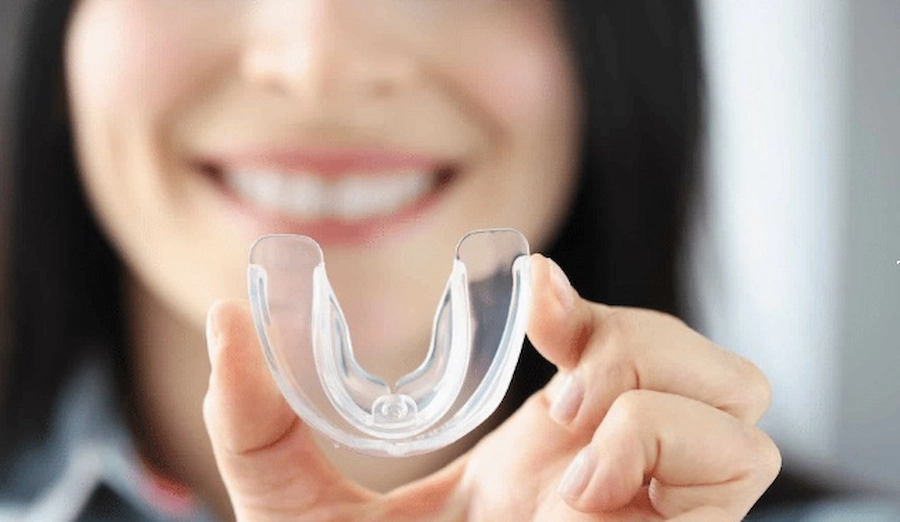
If you implore upon yourself this question: “What is gnashing of teeth and how to manage it?” If you are a bruxism sufferer, then you must realize that there are quite several fingerlings that can potentially ease the symptoms produced by this condition and therefore, protect your teeth from any further harm. Below are some of the most tried and tested strategies that have been proven to greatly help in managing or stopping the practice of teeth gnashing:
- Wear a Night Guard: Custom night guards are regarded as among the most reliable and preventative dental equipment to prevent tooth damage resulting from teeth-clenching and grinding. They work by creating a soft cushioning that absorbs the maximum possible weight of pressure that comes from the continuous grinding and clenching of the teeth which is common during sleep.
- Reduce Stress: Additionally, it has been found that stress is a main contributing factor for gnashing of teeth; As a result, it is important to discover stress levels and manage this to the best of your abilities. You will realize that practicing relaxation techniques such as; yoga, meditation.
- Visit a Dentist: Once and for all, are you tired of being at the brink of the edge due to the gnashing of teeth? In case your answer is yes, it is advisable that you pay a visit to the dentist. The truth is that a professional dentist can help you determine the extent of the damage it might have done to your teeth.
- Avoid Stimulants: Most people who consume any caffeine or alcohol should consider reducing their consumption if not totally eliminating them especially in the night. The users of caffeine and alcohol need to be aware of the adverse effects of these; the likelihood of them causing an increase in muscular tension associated with teeth grinding, and distorting the quality of sleep has been widely reported.
FAQs About Gnashing of Teeth
Gnashing of teeth is typically accompanied by stress, anxiety, incorrectly aligned teeth, or sleep disorders. The condition can also be due to some lifestyle habits like smoking, drinking, or taking caffeine.
“Gnashing of teeth” denotes the physical manifestations of the extreme emotional states of the angry, regretful, or despairing ones. Being a figure of speech, it is most often used to refer to the characters that suffer great affliction, vexation, or bitterness.
‘’Weeping and moaning and gnashing of teeth” metaphorically represents deep remorse, sadness, and anger. One can frequently find this expression in the Bible where it depicts the suffering of the wrathful experiencing God’s punishment.
Gnashing of teeth can physically damage your teeth to the extent of cracks, fractures, and worn-out enamel. First of all, you need to see the dentist so that he can help you limit the damages that may have already occurred.
Yes, a dentist could contribute to the process of making a night guard especially for you, providing you with stress-reduction advice, and dealing with dental problems that have resulted from the bruxism.
References:
American Dental Association. (2020). Bruxism (teeth grinding) and sleep apnea. American Dental Association. https://www.ada.org/en/member-center/oral-health-topics/bruxism
WebMD. (2021). What is bruxism and how is it treated? WebMD. https://www.webmd.com/oral-health/guide/teeth-grinding
National Institute of Dental and Craniofacial Research. (2020). Bruxism: Causes and treatments. NIH. https://www.nidcr.nih.gov/health-info/bruxism


